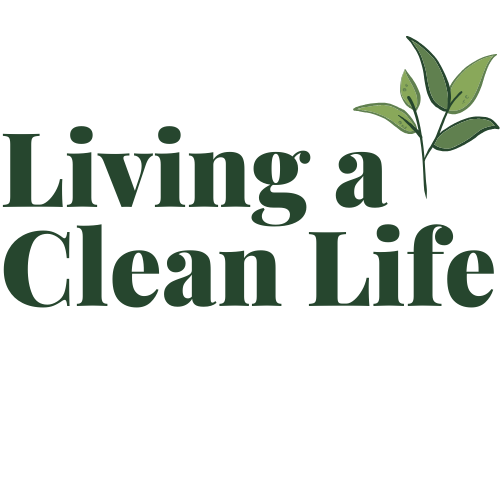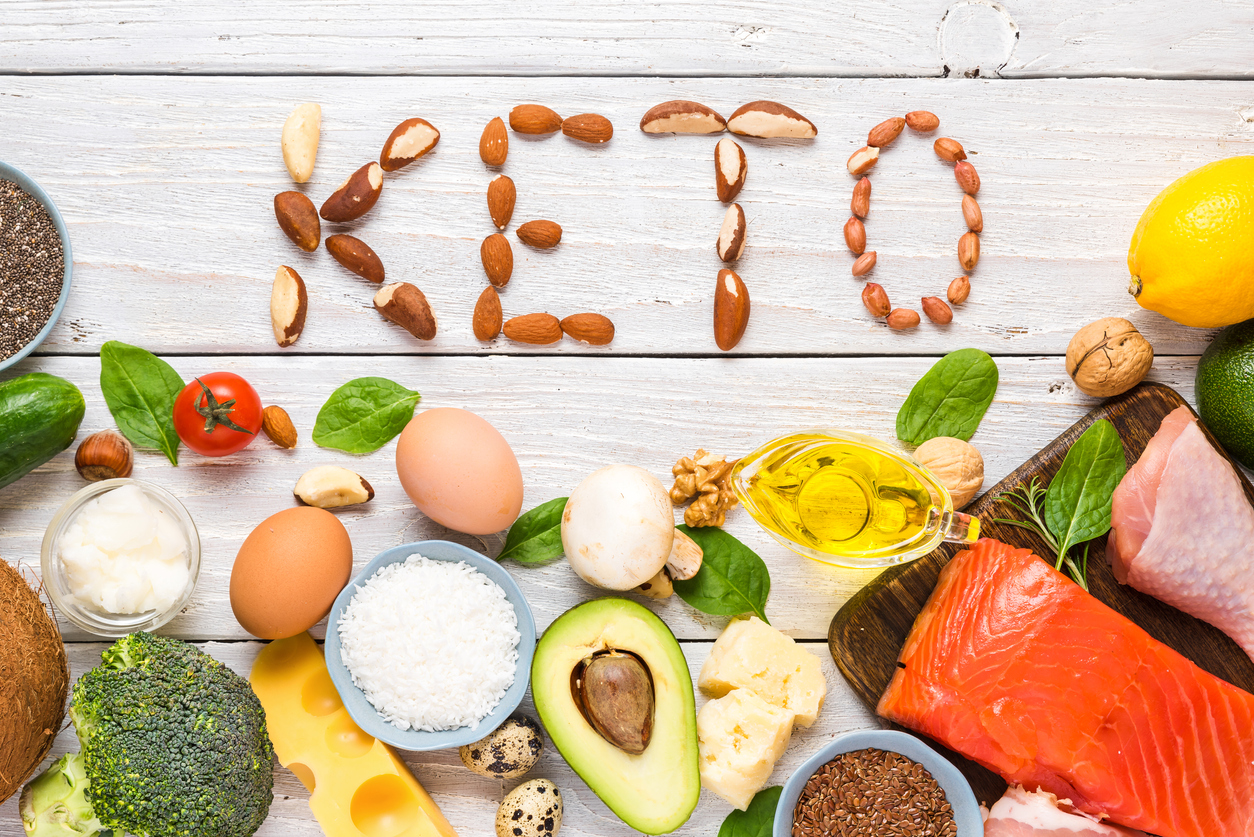Disclosure: We are reader-supported. If you buy through links on our site, we may earn a small commission. Learn more.
I have never personally tried the keto diet, because frankly, any diet plan that encourages bacon and butter is not one I am going to subscribe to. However, I know many people who have tried it, and have even lost weight doing it. I wanted to let you know that there is a downside to these popular diet trends, especially if you suffer from any chronic illness, autoimmune disease, neurological conditions or mysterious symptoms.
Keto diet
The theory behind the keto diet is that by restricting carbohydrates and eating a diet high in protein and fats, your body will go into a metabolic state called ketosis. Ketosis is where you burn fat as an energy source for your body and brain. If you have read any of my other posts, you know that we don’t run on fat, we run on glucose (which is sugar). Fat does not convert to usable material for our bodies.
Ketosis
You can not go into ketosis if you eat any amount or form of sugar. That means if you eat any nuts, seeds, avocado, cheese, butter, tomato, or green juices you are taking in natural sugar, you are not entering ketosis. As I have mentioned in previous posts, your body needs the glucose and nutrition from clean carbohydrates (fruits, starchy vegetables, and leafy greens and herbs).
Protein...protein....protein
For as long as I can remember, I have been taught the importance of protein in your diet. Many people still believe you should have protein with every meal to be strong and healthy. So where did this come from? In the early 1930s, the meat packing industry and government joined forces to promote protein. Animal products were becoming industrialized and were made cheap and available in mass.
There is protein in everything
What people do not realize is that there is protein in everything you eat. There is protein in bananas, berries, spinach, it is everywhere.
High fat
All that fat intake leads to higher fat content in the blood, which leads to a lack of oxygen in the blood. Over time, diminished oxygen levels getting to the heart and brain contributes to problems like strokes and heart attacks. Too much fat in the bloodstream also triggers the adrenal glands to shoot off adrenaline as it tries to clean up your blood to protect you.
Low fat/fat free products
The realization that fat is harmful lead to low fat and fat free products which contain unhealthy, processed ingredients or trans fats. Instead of eliminating animal protein (which is animal fat), people started eliminating coconut oil, avocado, nuts, seeds and olives.
Eliminating carbohydrates
Eventually, the only thing left to do was to go after carbohydrates. That was the birth of the keto diet.
Why do people lose weight on a keto diet?
When people commit to almost any diet, they get off all the worst of the worst foods. They eliminate fast food, greasy food, processed foods and refined sugar. They clean some things up and eliminate some toxins, which offers their bodies a bit of reprieve.
Down to Earth
I just started watching a new show on Netflix called "Down to Earth" with Zac Efron and wellness expert Darin Olien (the guy who created Shakeology- if you are a Beachbody fan). The show follows Zac and Darin as they travel around the world in search of healthy and sustainable ways to live. In episode 4, they travel to Sardinia, an Island that boasts a notable number of centenarians (people who live to be 100). Sardinia has 10 times more centenarians per capita than the US. If you plan to watch the show, you may want to skip the next paragraph so I don't ruin the episode for you.
Sardinia
Once they arrive in Sardinia they meet with a bio chemist and a medical statistician, who have been studying nutrition and lifestyle associated with long life. When Zac asks him what they discovered about the nutrition habits of the people who live in Sardinia, he was surprised to hear the answer. They eat a low protein/high carbohydrate diet (basically the opposite of the keto diet).
They eat little meat and a lot of vegetables, mostly what they cultivate in their backyard. Darin explains to them that in the US we have been told time and time again that high protein leads to health and strength, but here they found that a low protein diet leads to longevity.
The biochemist then tells them that a person who weighs 120 lbs only needs 50 grams of protein for the day. He says the risk of cancer is 4 times higher in people with a high protein intake. It activates your mTOR (mechanistic target of rapamycin), which is the regulator of cellular growth in the body (or your body's "switch board" for the rate of aging). When you are young and growing you need rapid cellular growth, but when you are past middle age it is best to slow that cellular process down otherwise too many lead to mutated cells or cancer. As the biochemist put it, "This will push the accelerator on almost every age related disease".
If you are like many others in the US and spent many years eating a high protein diet, don't worry, he compared it to smoking and said once you have quit smoking for many years, your risk goes back down to if you never smoked. The same goes for eating a high protein diet, after a while, it will not matter as long as you change your diet.
Intermittent fasting
Even though it is called intermittent fasting, you are not truly fasting unless you do not eat anything other than water for 24 hours. The second you eat or drink anything other than water within a 24 hours period, you stop the fasting process from beginning.
Why do some people feel better while intermittent fasting?
People who are not so sick may experience some benefits from intermittent fasting. One reason is because when you remove food for more than two to three hours, the body starts to run on adrenaline, which works as a natural amphetamine. If you are not so sick and still have adrenaline reserves, you will start to run on those reserves. This will give some people clarity, focus, and temporary energy while intermittent fasting.
Another reason people may feel better while intermittent fasting is if they are removing one or two high fat meals for the day. When you decrease your fat intake, by eliminating a fat-based breakfast and maybe lunch that would have included radical fats like avocado, peanut butter, almond butter, milk, cheese, bone broth, eggs, or other animal proteins, you will feel better because you are allowing your body to cleanse.
If you read my last post on caffeine, you will know that another huge mistake with intermittent fasting is that people often run on caffeine all day, which slowly trashes their adrenal glands.
If you are a fan of intermittent fasting, try the medical medium morning cleanse instead.
Morning Cleanse
Drink 16-32 ounces of lemon water when you wake up
15-30 minutes after you drink the lemon water, drink 16-32 ounces of celery juice and wait 15-30 minutes before eating or drinking anything else.
Don’t consume radical fats before lunch time. No nuts, seeds, peanut butter, any oils, coconut, avocado, chocolate, ghee, milk, cream, yogurt, coconut yogurt, cheese, butter, kefir, bacon, eggs, bone broth, or any other animal proteins.
Keep out dried fruits and salts all morning
Stay hydrated- drink a minimum of 16 ounces of water or coconut water (as long as it is not pink or red and doesn’t contain natural flavors), at some point in your morning after your lemon water and celery juice.
Skip troublemaker foods in the morning or all day if possible.
Follow morning cleanse for at least 2 weeks.

